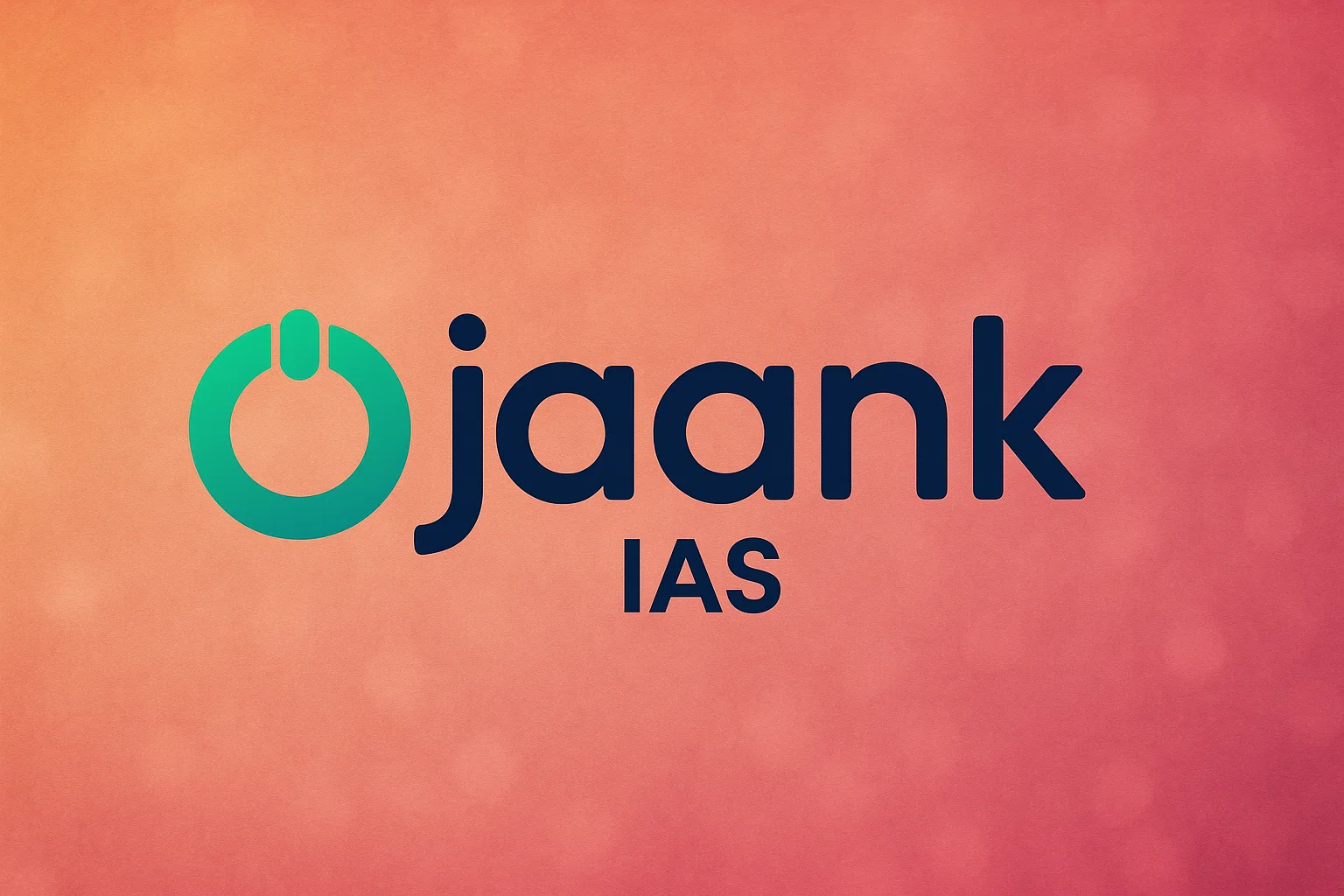WORLD TRADE ORGANIZATION "Navigating Global Trade: India Secures Crucial Policy Space at WTO Conference"

In the wake of the 13th ministerial conference of the World Trade Organization (WTO), Commerce and Industry Minister Piyush Goyal expressed India's contentment with the outcomes, emphasizing the nation's continued autonomy in policymaking to safeguard the welfare of its farmers and fishermen. The conference, a pivotal gathering of trade ministers from the 166-member WTO, concluded with India maintaining its strategic stance on essential agricultural and fisheries policies.
Minister Goyal, addressing the media in Abu Dhabi post the five-day conference, highlighted India's unimpeded progression in food grain procurement, aimed at bolstering the nation's food security by aiding the impoverished demographics. "India perseveres in retaining comprehensive policy latitude for the amelioration of our agrarians and piscators, elevating the nation's interests to an unprecedented pinnacle," Goyal remarked, reflecting on the discussions that spanned an additional day due to the inability of members to forge a consensus on critical matters like agriculture and fisheries subsidies.
The deliberations, initially set to culminate on February 29, extended into an additional session, ultimately concluding without a resolution on pivotal issues such as the permanent remedy for public food stockpiling and the curtailment of fisheries subsidies. Nonetheless, the assembly reached a consensus to prolong the moratorium on e-commerce import duties for another two years, alongside achieving further resolutions including the introduction of new regulations on domestic services regulation, the accession of Comoros and Timor-Leste as WTO members, and the extension of Least Developed Countries (LDC) benefits for three years post-graduation.
India's staunch advocacy for food security was evident as it steadfastly protected the interests of its impoverished farmers and fishermen, without conceding ground on other significant issues. "The conference's outcomes are favorable, and we are thoroughly satisfied. The discussions on numerous longstanding contentious issues witnessed forward momentum, heralding the potential for future resolutions," Goyal elucidated.
He noted the proposed fisheries subsidies agreement, aimed at diminishing subsidies that contribute to overfishing and excess capacity, contained ambiguities that India found concerning. The negotiations sought exemptions for subsidies provided to under-resourced fishermen by certain nations, amidst unsatisfactory definitions and a requisite for deeper consultations and flexibility to achieve an equitable agreement.
Goyal affirmed, "Our primary objectives in Abu Dhabi have been substantially achieved, and we return with a sense of complete satisfaction. Our foremost priority was the protection of our agriculturalists and mariners, a goal towards which we continue to strive ardently."
Regarding the extended moratorium on e-commerce trade duties, Goyal clarified India's stance was not wholly oppositional. Given the absence of discussions on the moratorium's scope and its impact on diverse economies between MC12 in Geneva (June 2022) and MC13, India deemed the continuation of the e-commerce moratorium as prudent.
When probed about the efforts by certain developed nations to introduce non-trade matters such as investment facilitation agreements, environmental standards, and labor laws into WTO negotiations, Goyal asserted India's success in ensuring these issues remain outside the WTO's purview. India has effectively ensured that the WTO remains focused on its foundational trade-related agenda, preventing the inclusion of extraneous matters, he said.